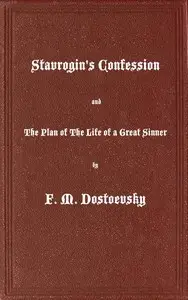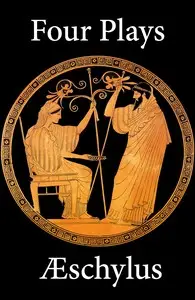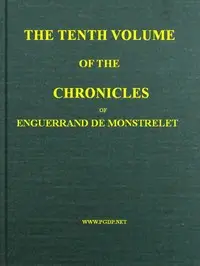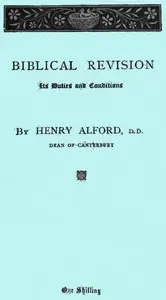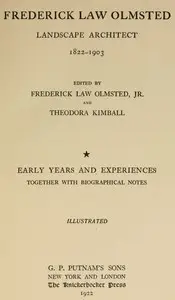"The Idiot" by Fyodor Dostoyevsky is a novel written during the late 19th century. The story revolves around Prince Lef Nicolaievitch Muishkin, a young man returning to Russia after spending several years in a Swiss sanatorium for epilepsy. Through the prince, Dostoyevsky explores themes of innocence, social dynamics, and the clash between idealism and the harsh realities of life. At the start of the novel, the prince is introduced on a train coming into St. Petersburg, where he meets fellow passengers who engage in conversation about their circumstances and backgrounds. Notably, he encounters Rogojin, a passionate and wealthy man who seems to have a deep interest in a beautiful woman named Nastasia Philipovna. The narrative begins to hint at complex relationships, societal expectations, and Muishkin’s unique perspective on life shaped by his illness and previous isolation. The opening chapters set a stage rich with contrasts between characters and unveil the future pivotal role that love and tragedy will play in the lives of these individuals. (This is an automatically generated summary.)

The Idiot
By Fyodor Dostoyevsky
Possibly a revision of the 1887 translation by Frederick Whishaw.
Fyodor Mikhailovich Dostoevsky, sometimes transliterated as Dostoyevsky, was a Russian novelist, short story writer, essayist and journalist. Numerous literary critics regard him as one of the greatest novelists in all of world literature, as many of his works are considered highly influential masterpieces. Dostoevsky's literary works explore the human condition in the troubled political, social, and spiritual atmospheres of 19th-century Russia, and engage with a variety of philosophical and religious themes. His most acclaimed novels include Crime and Punishment (1866), The Idiot (1869), Demons (1872), The Adolescent (1875), and The Brothers Karamazov (1880). His 1864 novella Notes from Underground is considered to be one of the first works of existentialist literature.

